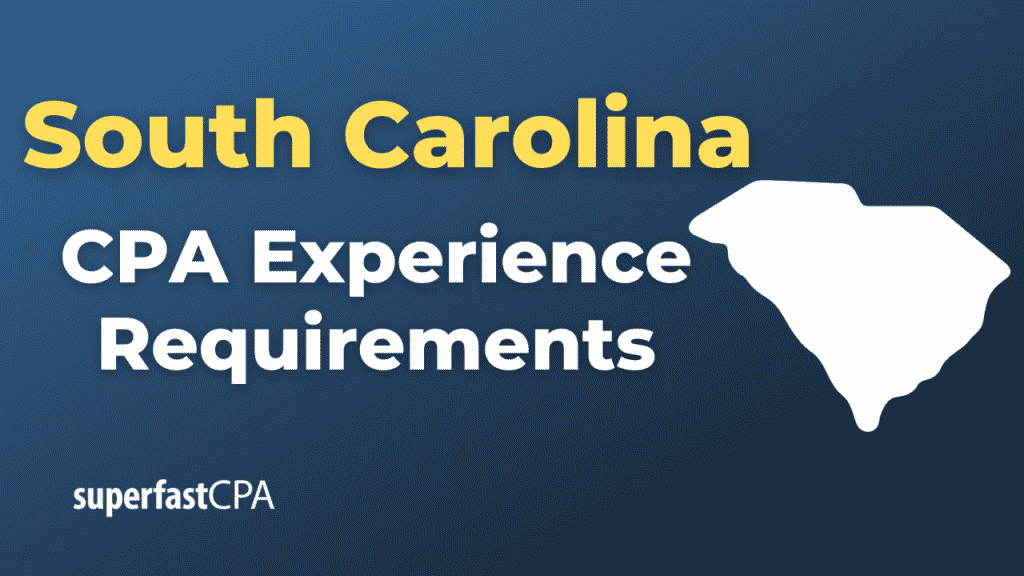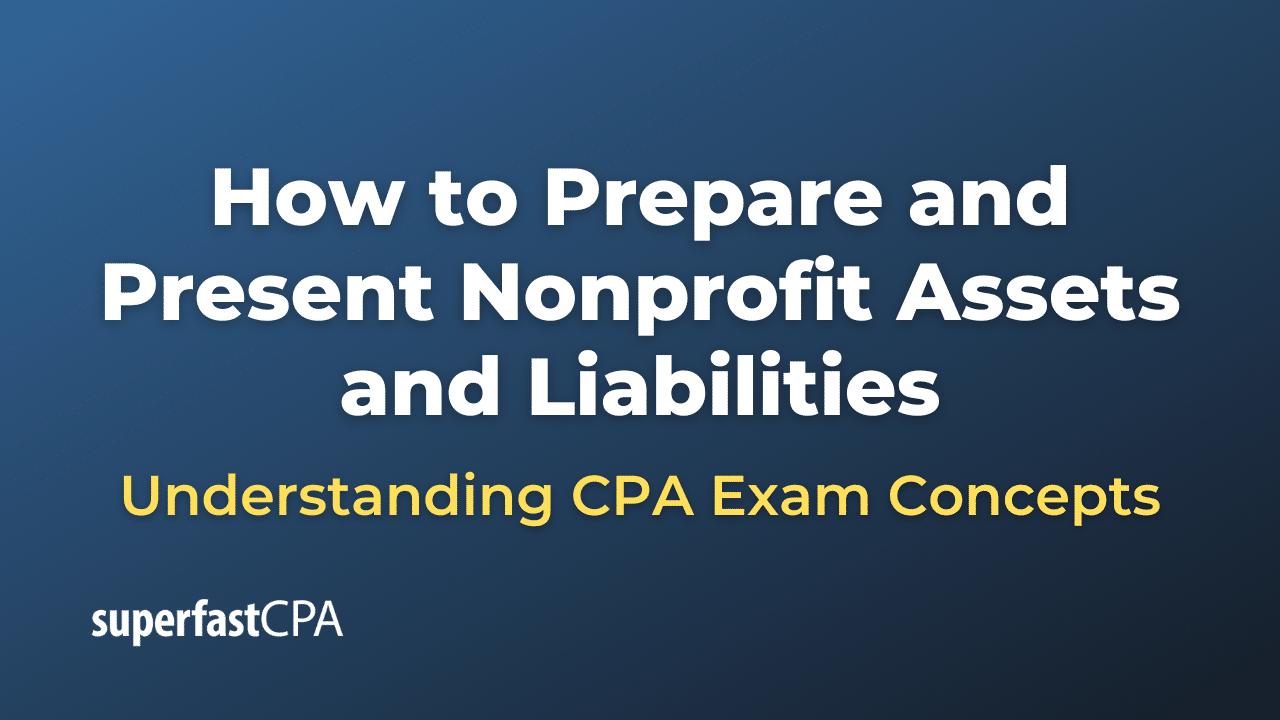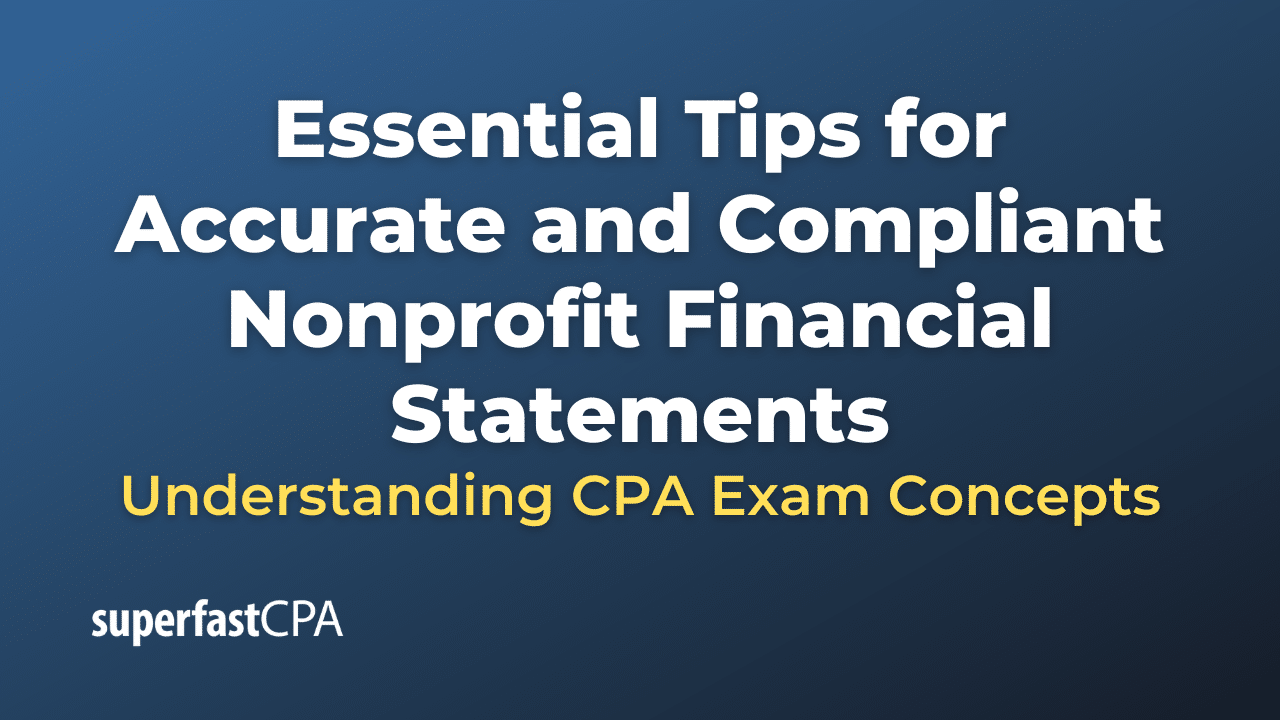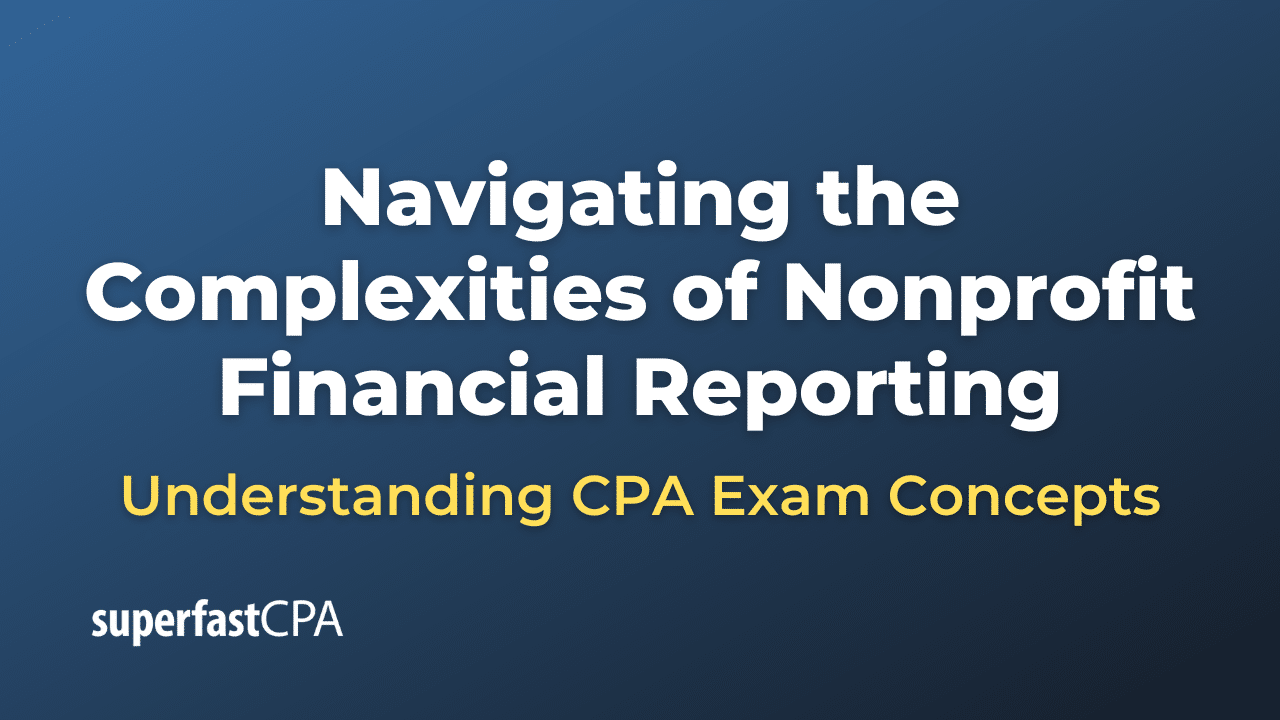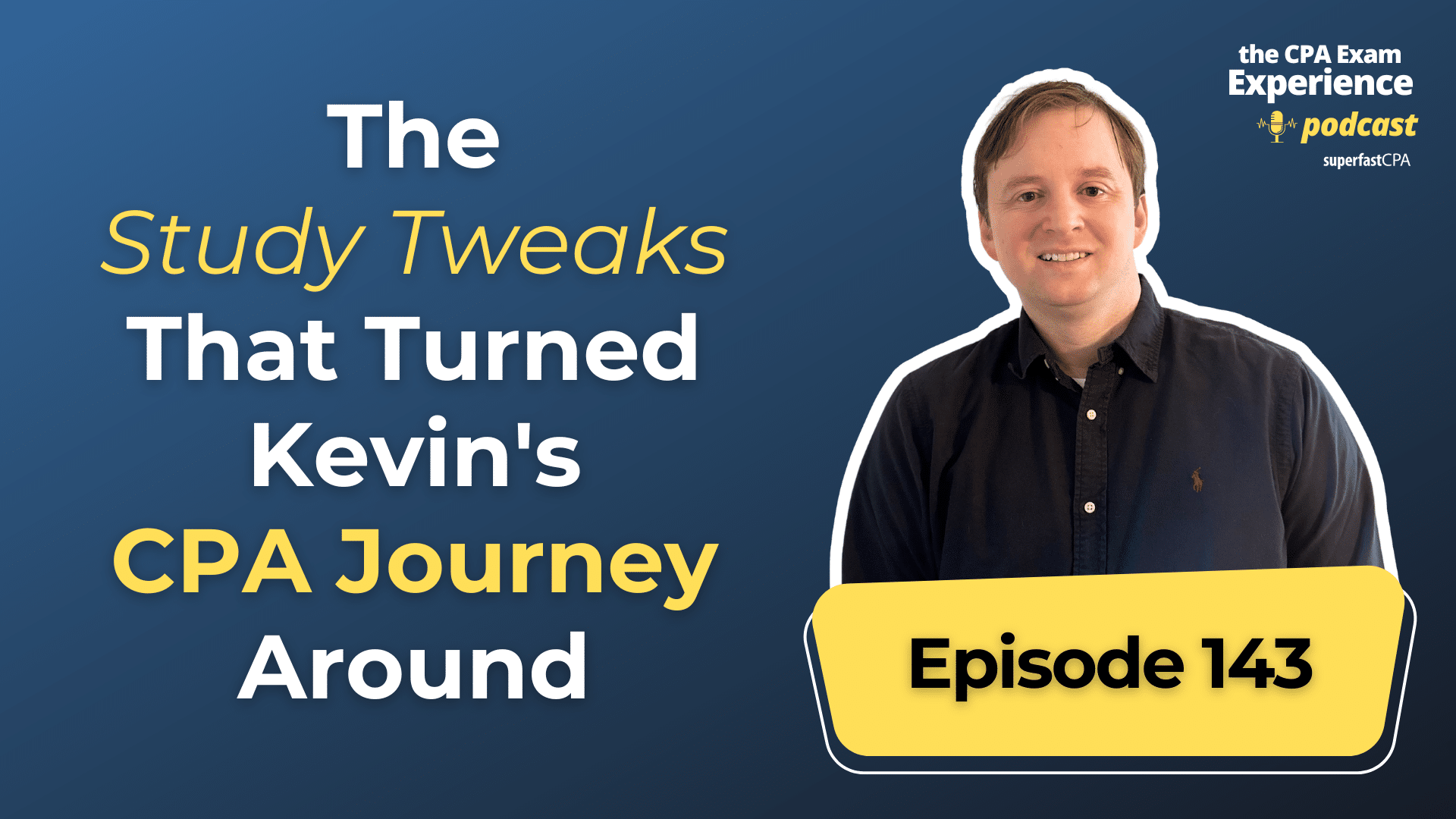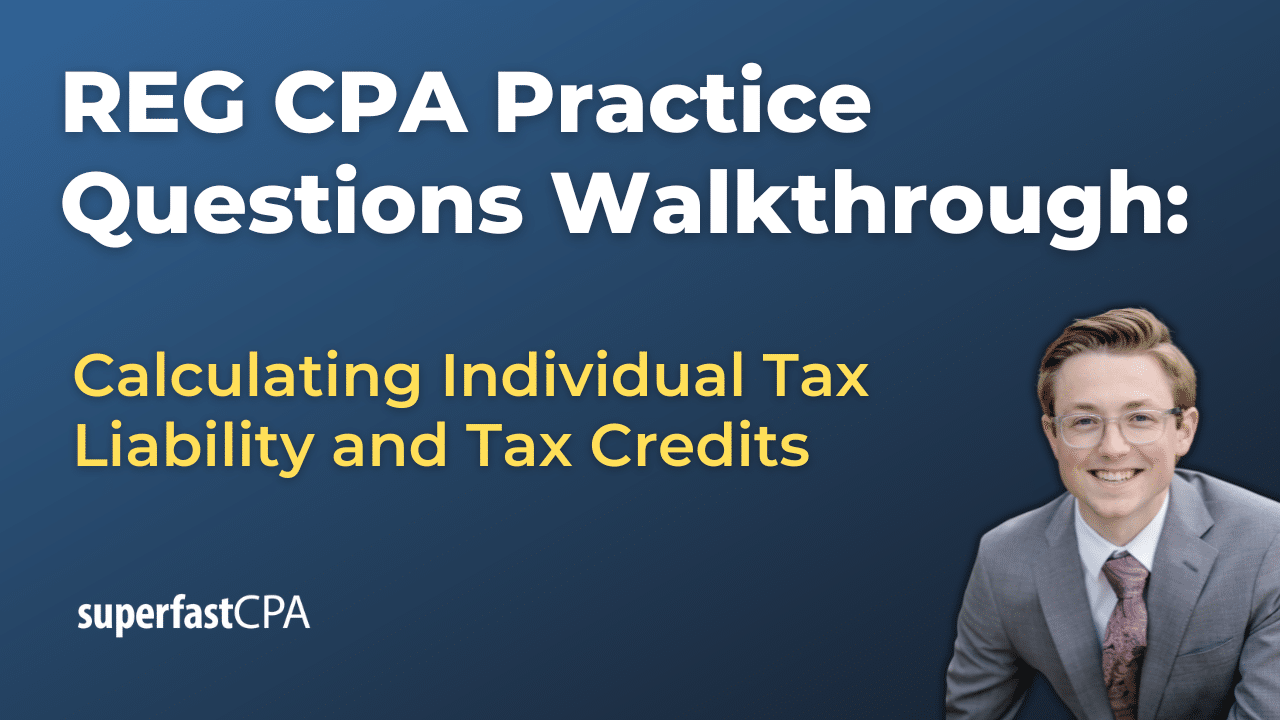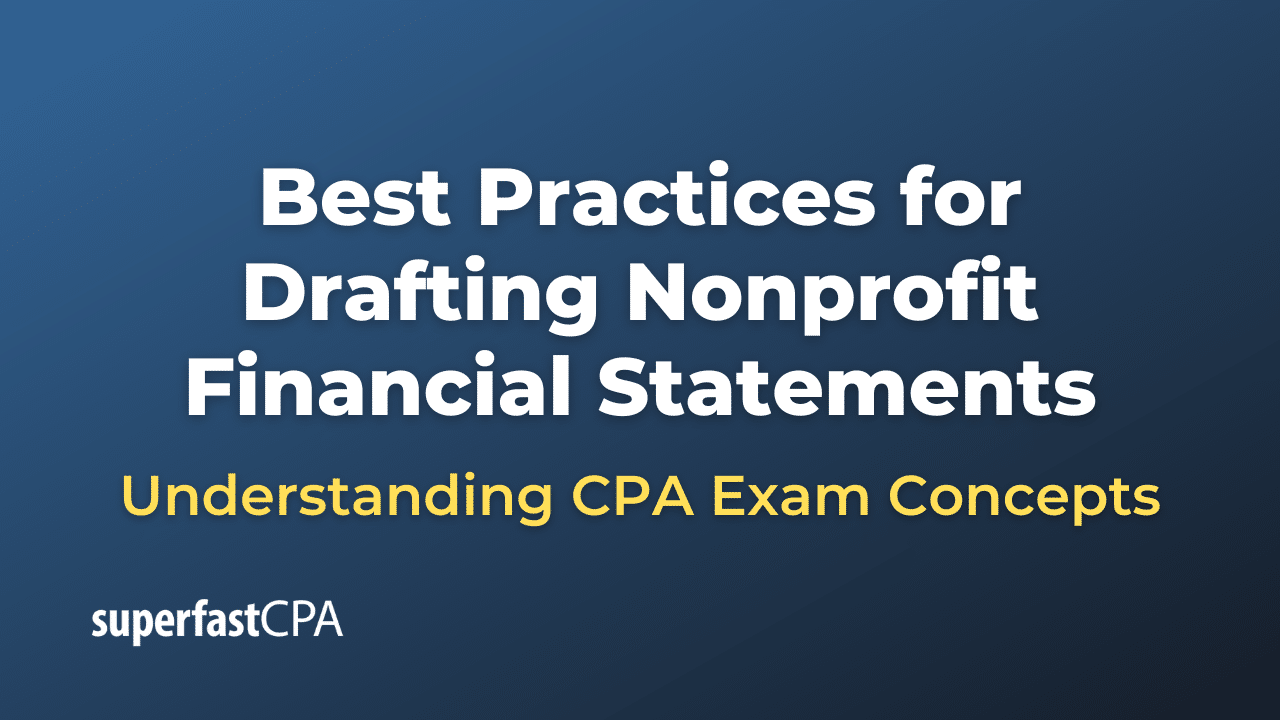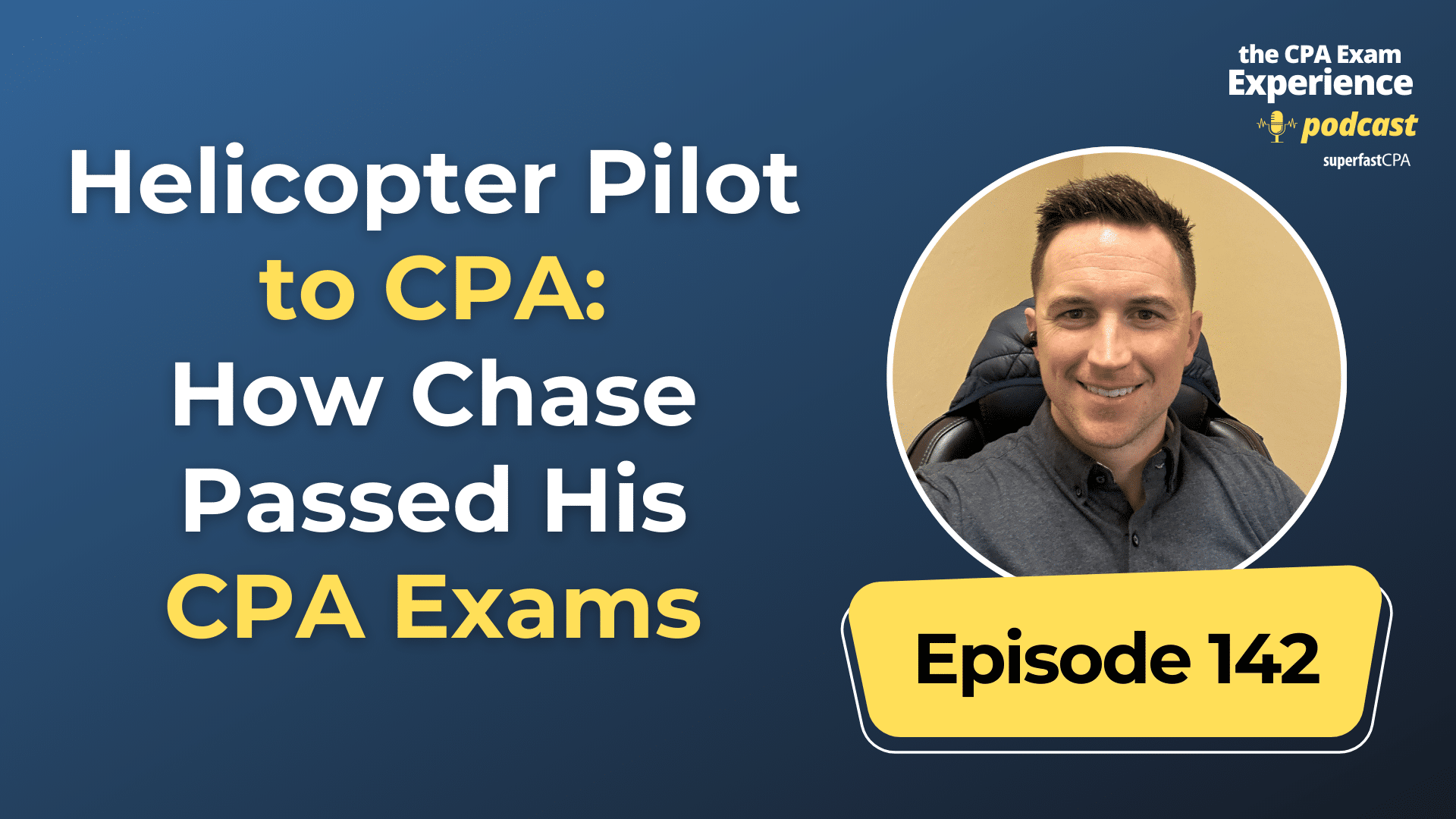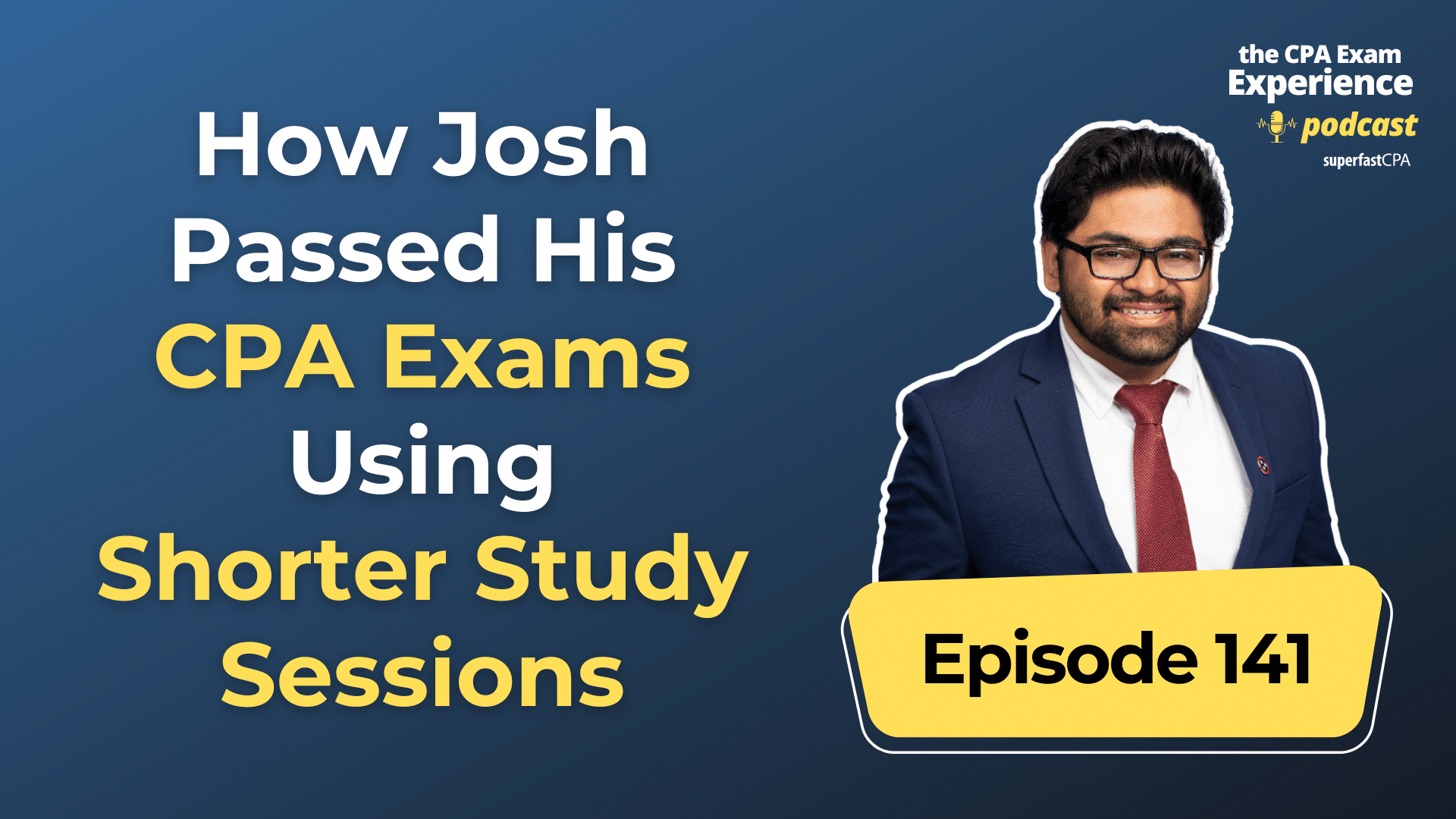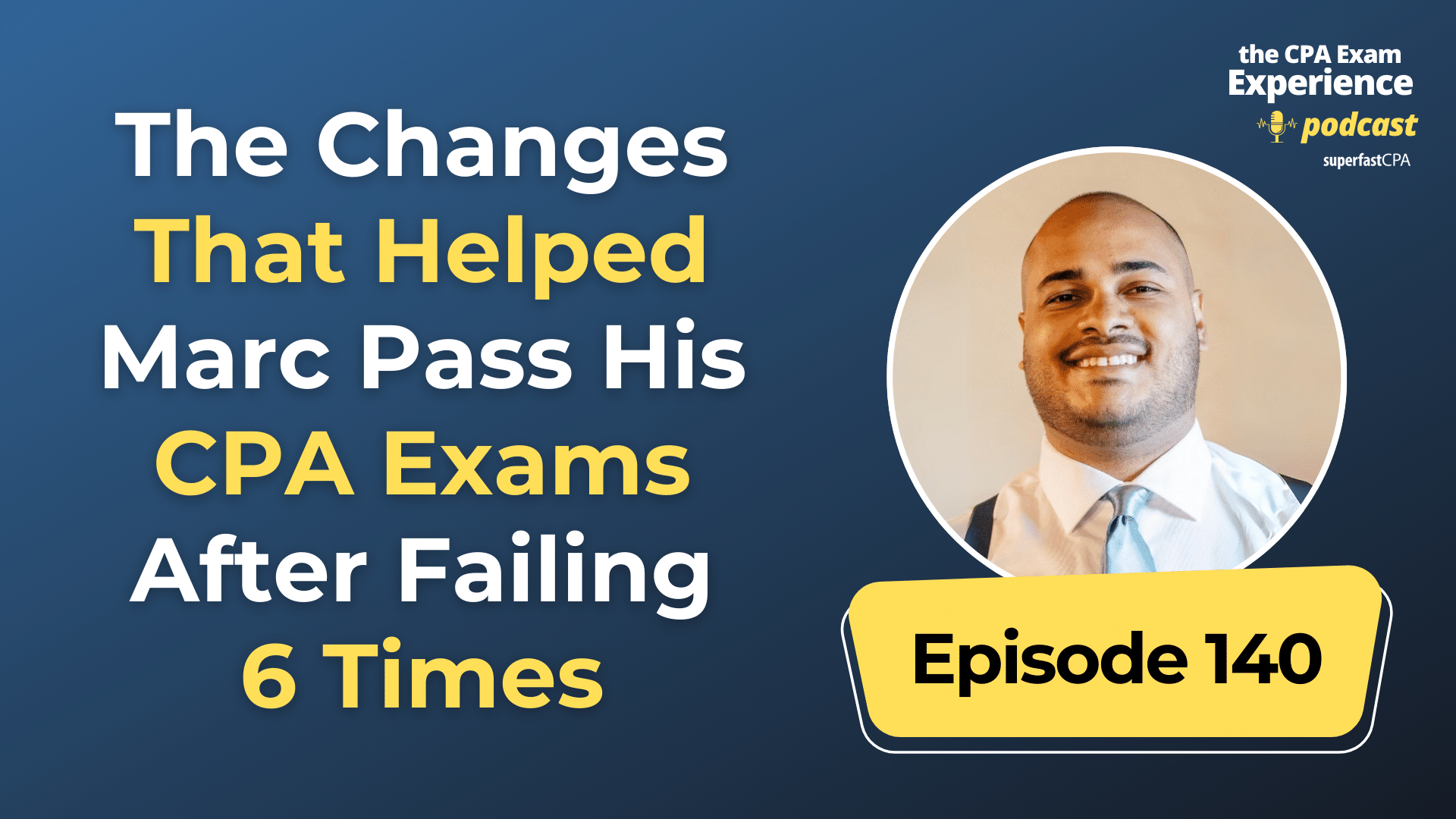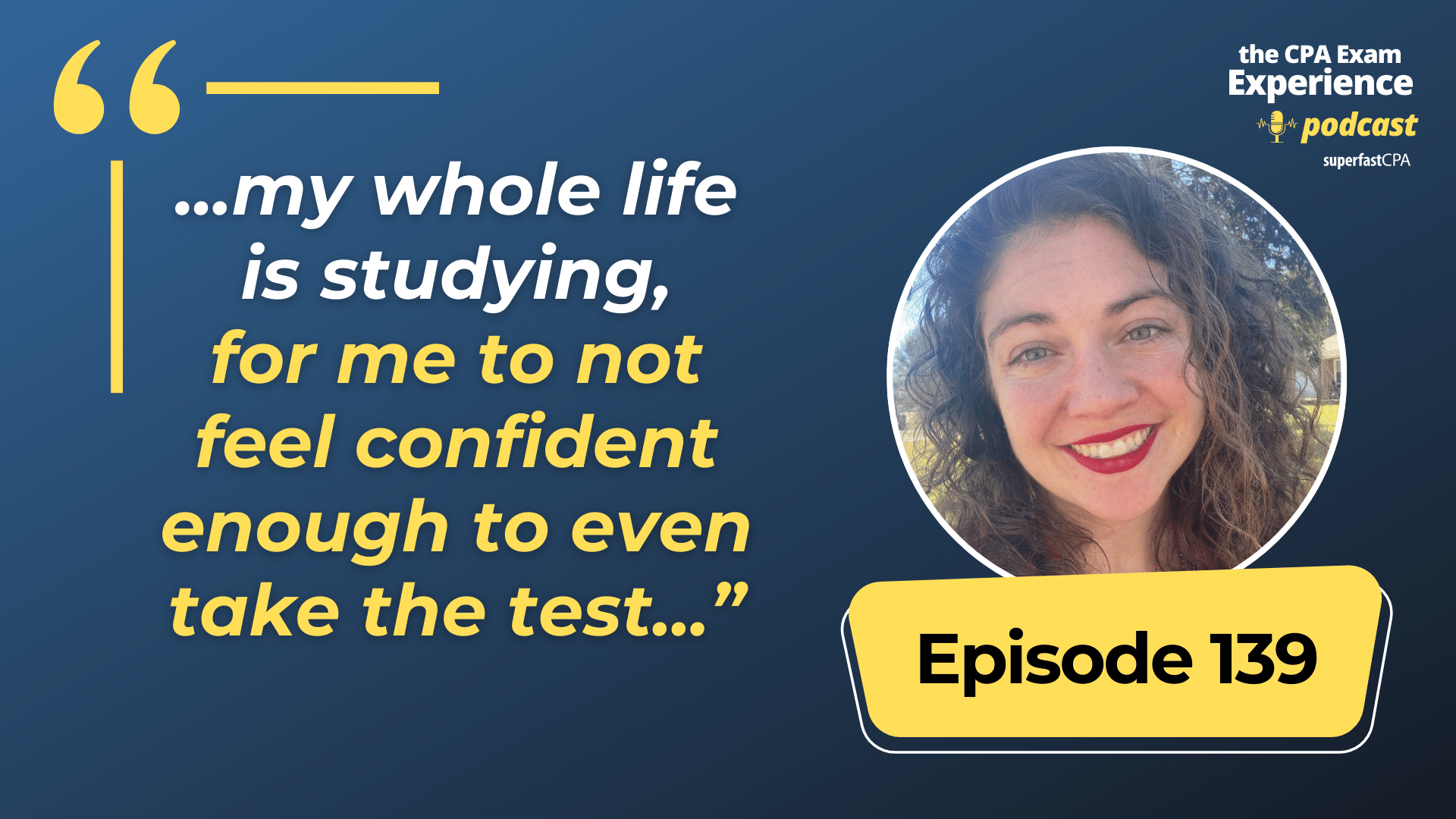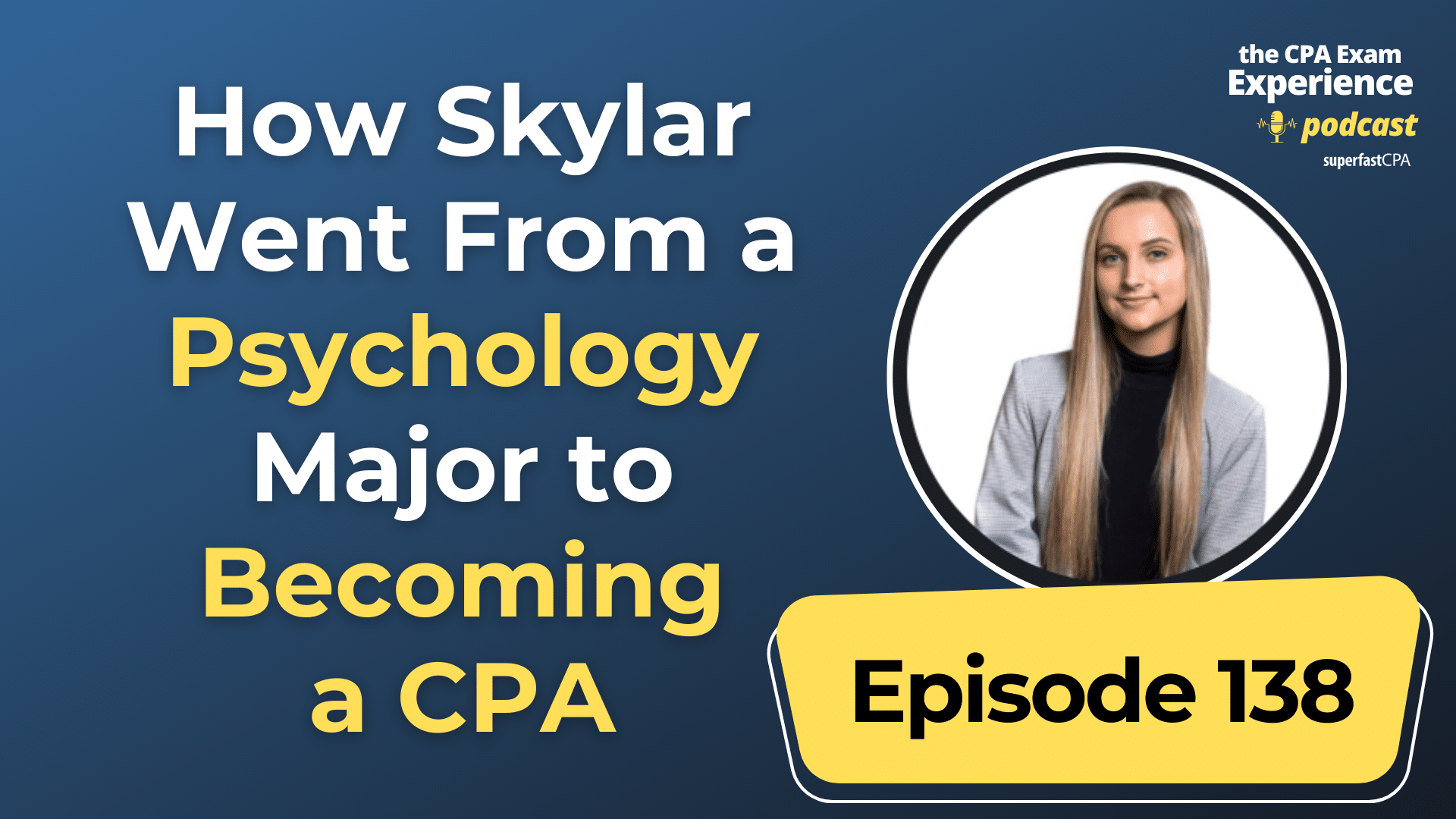To meet the South Carolina CPA experience requirements and become a CPA, there are two acceptable work experiences for candidates and they may choose either:
- Option 1 – At least one year of accounting experience satisfactory to the board in public, governmental or private employment under the direct supervision and review of a certified public accountant or public accountant licensed to practice accounting in some state or territory of the United States or the District of Columbia.
- Option 2 – At least five years’ experience teaching accounting in a college or university recognized by the board or any combination of experience determined by the board to be substantially equivalent to the foregoing.
This article will help you to become a CPA in South Carolina and is a requirement for you to take the South Carolina CPA exam.
How to Save Yourself MONTHS of Time and Frustration
Keep in mind that the CPA exam is the one part of getting your CPA license that you can control how long it takes. The education and experience requirements take as long as they take, but the CPA exams can take you as little as 6 months, or as long as multiple years… depending on how effective your study process is from the beginning.
Learn how to study strategically so you can save yourself tons of time and retake fees with this free training…
Table of Contents
South Carolina Experience Requirements
You can either work for a year in public accounting, government, or private sector, logging 2,000 hours, or obtain five years of experience teaching accounting at authorized colleges and universities in South Carolina.
Before beginning satisfying the experience requirement, complete at least 24 semester hours of the 36 semester hours of accounting courses required for licensure; according to South Carolina Board policy, you cannot receive credit for qualifying experience until you have completed these credits (which must include basic classes in tax, auditing, managerial accounting, and cover financial accounting at the 300 (Junior) level or higher). The career department at your college will assist you in locating appropriate experience. There are two options for satisfying the experience requirement:
Option 1:
- Earn at least one year of accounting experience (equivalent to 2000 hours of part-time work).
- This experience may be in public, governmental, or private employment (industry)
- This experience may be full- or part-time.
- You may not earn more than 40 hours of experience per week.
- Competencies to be included in the experience should focus on:
- Reviews
- Compilations
- Audits/governmental audits
- Prospective financial information
- Taxes
- Financial statements without reports
- Other services
Option 2:
- Obtain at least five years of experience teaching accounting courses in regionally accredited college or university on a full-time basis
- Your schedule must include at least 12 semester hours per year in qualifying as a full-time teacher.
- Only accounting subjects qualify. Teaching courses in finance, business law, personnel management, computer applications, statistics, and economics do not count toward this requirement.
- If you teach accounting principles courses or courses at the fundamental accounting level, that teaching experience may not make up more than two years of your five-year requirement
- Accounting courses consider. Ed to be above the fundamental accounting level includes (but is not limited to) advanced accounting, intermediate accounting, income tax, auditing, management accounting, and cost accounting.
- Document this experience on Board Form 2102T (not available on the Board’s website). Call (803) 896-4770 to request one.
These standards are somewhat lax. Use them to your advantage and get this qualification out of the way. You can even use an internship to credit toward your total hours while still in college.
Summary of South Carolina CPA Requirements
| Credit Hours to sit for the CPA Exam | 120 |
| Credit Hours in Upper-level Accounting course to sit for the CPA Exam | 24 |
| Credit Hours in Business course to sit for the CPA Exam | 24 |
| Bachelor’s Required to sit for the CPA Exam? | No |
| Credit Hours to receive a CPA License | 150 |
| Credit Hours in Accounting course to receive a CPA License | 36 |
| Credit Hours in Business course to receive a CPA License | 36 |
| Ethics Exam Required? | Yes |
| Work Experience Required | 1 – 5 Years |
| Required CPE Hours Every Year | 40 |
Education Requirements
The South Carolina CPA education requirements has two academic preparation requirements: one to take the Uniform Certified Public Accountant Examination and another to practice.
For Examination – One hundred twenty semester hours of college course credit, including a baccalaureate or higher degree with an emphasis in accounting. Specific courses are as follows:
- At least 24 semester hours of accounting in courses which includes the following mandatory courses, each of which must be taken at 300+ level:
- Financial Accounting
- Managerial Accounting
- U.S. Taxation
- Auditing
- At least 24 semester hours of business courses which may include:
- Economics
- Finance
- Business Law
- Management
- Computer Science
- Marketing, and Accounting hours not counted in item (1).
For Permit to Practice – One hundred fifty semester hours of college course credit, including a baccalaureate or higher degree with an emphasis in accounting.
Credit Requirements for South Carolina CPA License
According to the board, South Carolina CPA (Certified Public Accountant) candidates must have completed 150 semester education hours, including at least a bachelor’s degree. A major in accounting is also necessary, with at least 36 semester hours in accounting courses encompassing 24 hours in financial accounting, taxation, and auditing at the junior level or higher. The remaining 12 semester hours must be applicable to a bachelor’s, master’s or doctoral degree. One Business Law course can be used toward the 36-semester hour Accounting requirement.
In addition, candidates must have at least 36 non-duplicative semester hours in business courses which may include Macro and Micro Economics, Finance, Business Law, Management, Computer Science, Marketing and Accounting hours not counted above.
Accepted Educational Institutions
When you begin your accounting studies, ensure that your college is completely accredited and meets the board’s standards. Every state, including South Carolina, needs your institution to be accredited. The South Carolina Board of Accountancy will recognize college credits and degrees from schools that have essential institutional accreditation from one of the following agencies:
- Southern Association of Colleges and Schools
- Middle States Association of Colleges and Schools
- New England Association of Schools and Colleges
- Higher Learning Commission
- Northwest Association of Schools and Colleges
- Western Association of Schools and Colleges
- American Assembly of Collegiate Schools of Business
Required Courses
Meet the CPA degree and curriculum requirements in South Carolina. The 150 semester hours of college credit necessary can be acquired through a combination of undergraduate and graduate courses and must include the following:
36 semester hours of accounting courses, 24 of which are at the junior level or higher, covering:
- Managerial Accounting
- Financial Accounting
- Auditing
- Taxation
Business courses totaling 36 semester hours, including:
- Economics
- Business Law
- Finance
- Corporate Finance
- Computer Science
- Management
- Ethics
- Marketing
- Statistics
Foreign Education
If you attended a school outside of the United States, you must have your educational credits evaluated by NASBA International Evaluation Services.
Age and Residency Requirements
Before taking the CPA exam in South Carolina, the applicant must be at least 18 years old. To take the CPA exam in South Carolina, you do not need to be a resident, employee, or have an office in the state. To sit for the CPA exam in South Carolina, you do not need to be a US citizen, but you must have an SSN or a green card.
Pass the Uniform CPA Examination
The “Uniform CPA Examination”, which is a 4-part exam, is developed by the AICPA – the American Institute of Certified Public Accountants and administered by NASBA – the National Association of State Boards of Accountancy.
The Three Core Exam Sections
Auditing and Attestation (AUD)
The Auditing and Attestation (AUD) section of the Uniform CPA Examination (the Exam) tests the essential knowledge and skills a newly licensed CPA must demonstrate when performing audit engagements, attestation engagements or accounting and review service engagements.
Newly licensed CPAs are required to:
- Demonstrate knowledge and skills related to professional responsibilities, including ethics, independence, and professional skepticism. Professional skepticism reflects an iterative process that includes a questioning mind and a critical assessment of audit evidence.
- Understand the entity including its operations, information systems (including the use of third-party systems), and its underlying business processes, risks, and related internal controls.
- Understand the flow of transactions and underlying data through a business process and its related information systems.
Financial Accounting and Reporting (FAR)
The Financial Accounting and Reporting (FAR) section of the Uniform CPA Examination (the Exam) assesses the knowledge and skills that a newly licensed CPA must demonstrate in the financial accounting and reporting frameworks used by business entities (public and nonpublic), not-for-profit entities and state and local government entities.
The financial accounting and reporting frameworks that are eligible for assessment within the FAR section of the Exam include the standards and regulations issued by the:
- Financial Accounting Standards Board (FASB)
- U.S. Securities and Exchange Commission (U.S. SEC)
- American Institute of Certified Public Accountants (AICPA)
- Governmental Accounting Standards Board (GASB)
Regulation (REG)
The Regulation (REG) section of the Uniform CPA Examination (the Exam) tests the knowledge and skills that a newly licensed CPA must demonstrate with respect to:
- U.S. federal taxation
- U.S. ethics and professional responsibilities related to tax practice
- U.S. business law
The Three Disciplines
The three new disciplines in the 2024 CPA Exam, part of the CPA Evolution initiative, are designed to allow candidates to specialize in areas that align with their career interests and the demands of the modern business environment. Here’s a more detailed look at each discipline:
Business Analysis and Reporting (BAR)
Objective: This discipline focuses on higher-order skills needed in financial statement analysis, business reporting, and the strategic role of the CPA in business decision-making.
Key Topics:
- Financial Statement Analysis: Understanding and interpreting financial statements to assess an entity’s financial health and performance.
- Performance Management: Developing and using key performance indicators (KPIs) to measure, manage, and improve business performance.
- Data Analytics and Visualization: Utilizing data analytics tools to analyze business data, and effectively presenting data to support business decisions.
- Strategic Planning and Risk Management: Involvement in the strategic planning process and identifying, assessing, and managing business risks.
- Business Processes and Controls: Understanding and evaluating business processes and internal controls to improve efficiency and effectiveness.
Information Systems and Controls (ISC)
Objective: This discipline is tailored for those interested in information technology, data security, and controls. It addresses the increasing role of technology in accounting and auditing.
Key Topics:
- IT Governance and Risk: Understanding the frameworks for managing and governing enterprise IT; identifying and managing IT-related risks.
- Information Security and Cybersecurity: Knowledge of cybersecurity principles, data protection laws, and the steps necessary to protect information assets.
- System and Organization Controls (SOC) Reporting: Understanding the requirements for SOC reports and the role of CPAs in assessing controls at a service organization.
- Data Management and Privacy: Managing data effectively and understanding privacy regulations.
- Business Continuity and Disaster Recovery: Planning and strategies to ensure business operations can continue and recover from disruptive events.
Tax Compliance and Planning (TCP)
Objective: This discipline focuses on tax compliance, tax planning, and tax strategy, suitable for those who aim to specialize in taxation.
Key Topics:
- Individual Tax Planning and Compliance: Understanding tax laws affecting individual taxpayers, including income, deductions, credits, and tax planning strategies.
- Business Tax Planning and Compliance: Knowledge of tax considerations for different business entities, including corporations, partnerships, and S-corporations.
- Estate, Gift, and Trust Taxation: Understanding the tax implications and planning strategies for estates, gifts, and trusts.
- International Taxation: Knowledge of taxation issues related to cross-border transactions and multinational enterprises.
- State and Local Taxation (SALT): Understanding the complexities of state and local tax laws and their impact on business and individual tax planning.
Tips for Passing the CPA Exam
The CPA exam covers so many topics that you will need to study specifically for each section, usually for 6-8 weeks per section. Even a master’s degree in accounting doesn’t adequately prepare you to just walk in and pass the 4 CPA exams.
You will need a full review course such as Becker, Wiley CPA, Gleim, Roger, etc, and you will need to dedicate several hours a day over the course of months to even have a chance at getting passing scores.
How to Save Yourself MONTHS of Time and Frustration
Keep in mind that the CPA exam is the one part of getting your CPA license that you can control how long it takes. The education and experience requirements take as long as they take, but the CPA exams can take you as little as 6 months, or as long as multiple years… depending on how effective your study process is from the beginning.
Learn how to study strategically so you can save yourself tons of time and retake fees with this free training…
South Carolina CPA Exam Cost Breakdown
The South Carolina CPA exam cost consists of four main fees: the education evaluation application fee of $90, the examination registration fee which will depend on the number of sections taken, and the examination fee of $344.80 per CPA exam section totaling $1,379.20 for all four sections, the CPA application fee of $165 and then the annual CPA license renewal fee is $95.
| Education Evaluation Application Fee | $90.00 |
| Auditing and Attestation (AUD) | $344.80 |
| Financial Accounting and Reporting (FAR) | $344.80 |
| Regulation (REG) | $344.80 |
| Disciplines (ISC, TCP, or BAR) | $344.80 |
| Total for all 4 CPA Exam Sections | $1,379.20 |
| CPA License Application | $165.00 |
| Annual CPA Renewal Fee | $95.00 |
South Carolina CPA Ethics Exam Requirements
To meet the South Carolina CPA ethics exam requirements, candidates must pass the Professional Ethics: The AICPA’s Comprehensive Course (For Licensure) with a minimum score of 90% for licensure. The course and exam are found on the American Institute of Certified Public Accountants (AICPA) website.
Apply for Your South Carolina CPA License
A candidate may apply for a license once all of the prerequisites for licensure have been met. Candidates must complete the online electronic CPA licensing application and submit it to the Board together with all required paperwork and payments.
Receiving Your South Carolina CPA License
After the Board has examined all application materials, a CPA license to practice in South Carolina will be issued. Applicants can check the status of their application using the Board’s website once it has been filed and print their license once published.
How to Save Yourself MONTHS of Time and Frustration
Keep in mind that the CPA exam is the one part of getting your CPA license that you can control how long it takes. The education and experience requirements take as long as they take, but the CPA exams can take you as little as 6 months, or as long as multiple years… depending on how effective your study process is from the beginning.
Learn how to study strategically so you can save yourself tons of time and retake fees with this free training…

